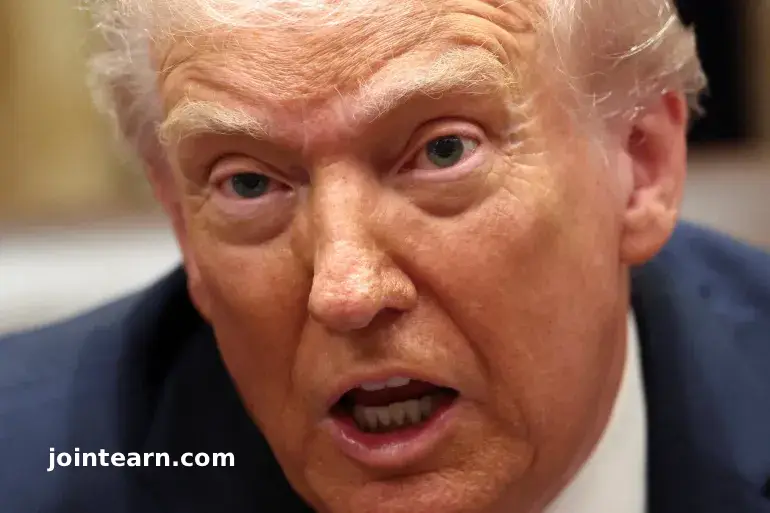
Washington, D.C. — October 20, 2025.
United States President Donald Trump has announced plans to visit China early next year after receiving an official invitation from Beijing — a move signaling potential efforts to stabilize strained US-China relations following months of trade disputes and geopolitical friction over Taiwan.
Trump Confirms China Visit During Meeting with Australian PM
Speaking at the White House on Monday alongside Australian Prime Minister Anthony Albanese, President Trump told reporters that he had accepted an invitation from Chinese President Xi Jinping.
“I’ve been invited to go to China, and I’ll be doing that sometime fairly early next year. We have it sort of set,” Trump said.
The announcement followed discussions between the two leaders on trade, security cooperation, and rare earth mineral supply chains, marking a critical diplomatic moment amid escalating tensions in the Indo-Pacific region.
Hopes for a Trade Breakthrough Despite Recent Escalations
Trump also revealed plans to meet Xi Jinping later this month in South Korea, where he hopes to finalize what he called a “fair trade deal” between the world’s two largest economies. The remarks came despite the latest flare-up in the ongoing US-China trade war, triggered by Beijing’s new restrictions on rare earth exports and Washington’s threat to impose 100 percent tariffs on Chinese goods.
Just days ago, US Treasury Secretary Scott Bessent accused Beijing of “pointing a bazooka at the global supply chain,” reflecting deep divisions between the two governments.
However, Trump struck a more conciliatory tone Monday, saying he wanted both nations to “thrive together” and highlighting opportunities for renewed agricultural trade — particularly in soybean exports to China. Following his comments, Chicago Board of Trade soybean futures surged to their highest level in a month, signaling optimism among American farmers hit hard by past tariffs.
Trump on Taiwan: “Nobody’s Going to Mess with Us”
Addressing security concerns, Trump dismissed speculation from the Pentagon that China could invade Taiwan by 2027. “I think we’ll be just fine with China. China doesn’t want to do that,” he said, while emphasizing US military strength:
“We have the best of everything, and nobody’s going to mess with that.”
While acknowledging that Beijing considers Taiwan “the apple of Xi’s eye,” Trump suggested that China would be deterred from military action due to America’s overwhelming defense capabilities. He declined, however, to say whether he would sacrifice US support for Taiwan in exchange for a broader trade agreement.
Rising Tensions Over Taiwan and Regional Security
The Taiwan question remains one of the thorniest issues in US-China relations. Beijing regards the self-governing island as its territory and has not ruled out the use of force to achieve reunification. In recent years, China’s military has intensified incursions into Taiwan’s air defense zone, staging large-scale drills that simulate blockades and amphibious assaults.
Although the US does not officially recognize Taiwan as a sovereign state, it remains the island’s primary security partner, supplying billions in weapons and defense technology. Under US law, Washington must ensure Taiwan can defend itself — though it has long maintained “strategic ambiguity” about whether it would directly intervene militarily.
Trump’s remarks come months after Taiwan’s President William Lai Ching-te announced plans to strengthen the country’s air defense systems and increase defense spending to counter what he described as “hostile threats” from Beijing.
China’s Response and Diplomatic Stakes
China’s Ministry of Foreign Affairs quickly welcomed Trump’s comments about visiting Beijing, calling it “a positive signal for dialogue and cooperation.” However, Chinese officials reiterated that the Taiwan issue remains non-negotiable.
Earlier this year, the ministry warned that “the US should not play with fire” by treating Taiwan as a bargaining chip in its broader geopolitical strategy.
Meanwhile, Trump’s upcoming trip is expected to cover trade, defense, and rare earth supply security, as Washington and Beijing continue to compete for influence in global technology and manufacturing sectors. The visit could also mark Trump’s first state visit to China since returning to office, signaling a possible thaw in relations after years of economic confrontation.


Leave a Reply